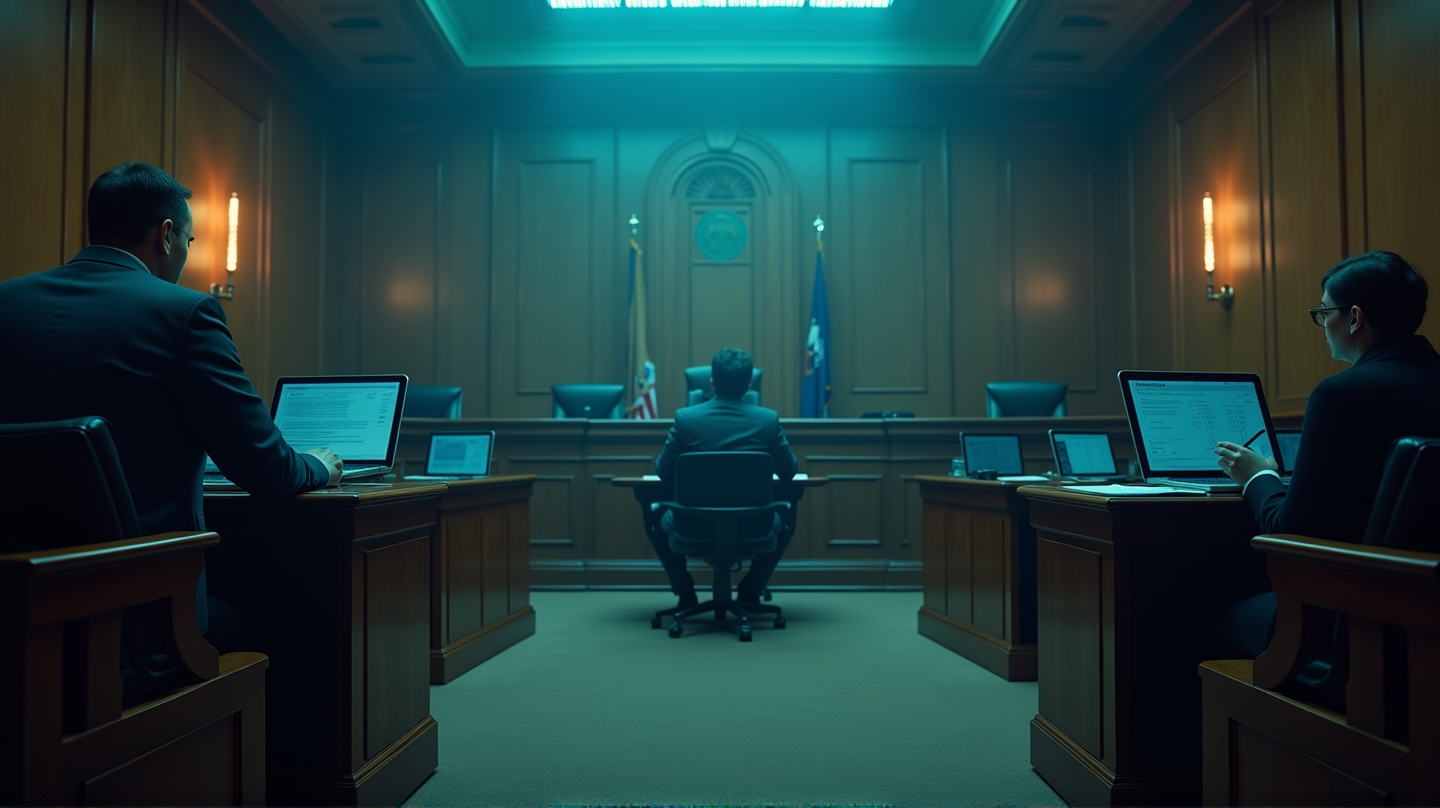In a rapidly digitalizing world, where virtual meetings have become the norm, transcription tools like Otter AI have stepped up to capture conversations seamlessly. However, a storm is brewing on the horizon for Otter AI as a recent class-action lawsuit casts a shadow over its transparency and consent practices. According to Mashable, this lawsuit could reshape how digital tools engage with user consent in the virtual realm.
The Lawsuit’s Core: Consent or Deception?
The lawsuit, filed by California resident Justin Brewer, brings to light contentious privacy practices allegedly employed by Otter’s Notetaker. The service is accused of recording meetings without the explicit consent of all participants. Brewer, who unwittingly found himself transcribed during a February Zoom meeting, argues that his privacy was violated under longstanding federal and state privacy laws.
Privacy Under the Microscope
The heart of the issue lies in how Otter Notetaker infiltrates meetings, documenting dialogue without informing each participant. While Otter’s privacy policy mentions obtaining explicit permission, the lawsuit challenges this claim, highlighting vulnerabilities in Otter’s consent procedures.
Recruitment of Machine Learning Data Sparks Concerns
Beyond the immediate recording, there’s a further layer of contention: the use of these recordings to train Otter’s machine learning algorithms. For Brewer and others, this transforms what might seem like a passive observer into an active collector of data, ripe for personal invasion. How much do participants really know about where their words go after they’re spoken?
Impacting Trust in Digital Tools
The case holds broader implications for trust in digital tools. Users, often reassured by privacy policies, are left questioning the safeguards that protect their personal conversations. If Otter is found in violation, it could spur waves of reform across tech companies, prioritizing robust consent frameworks and clearer user communication.
Otter’s Response and Future Outlook
As the lawsuit moves forward, all eyes are on Otter AI’s response. Will they reinforce their defense by clarifying policies? Or will this be a pivotal moment ushering new standards for digital transparency?
While Mashable reached out for comments, the company’s stance remains to be seen. The result may redefine privacy in an age dominated by digital interaction, reminding tech innovators of the thin line between advancement and privacy violation.
In this landscape, the crucial question remains: How can technologies assure users? With privacy concerns and legal battles, technology’s role in our lives becomes a matter of careful navigation, echoing beyond boardrooms and crossing digital boundaries.
